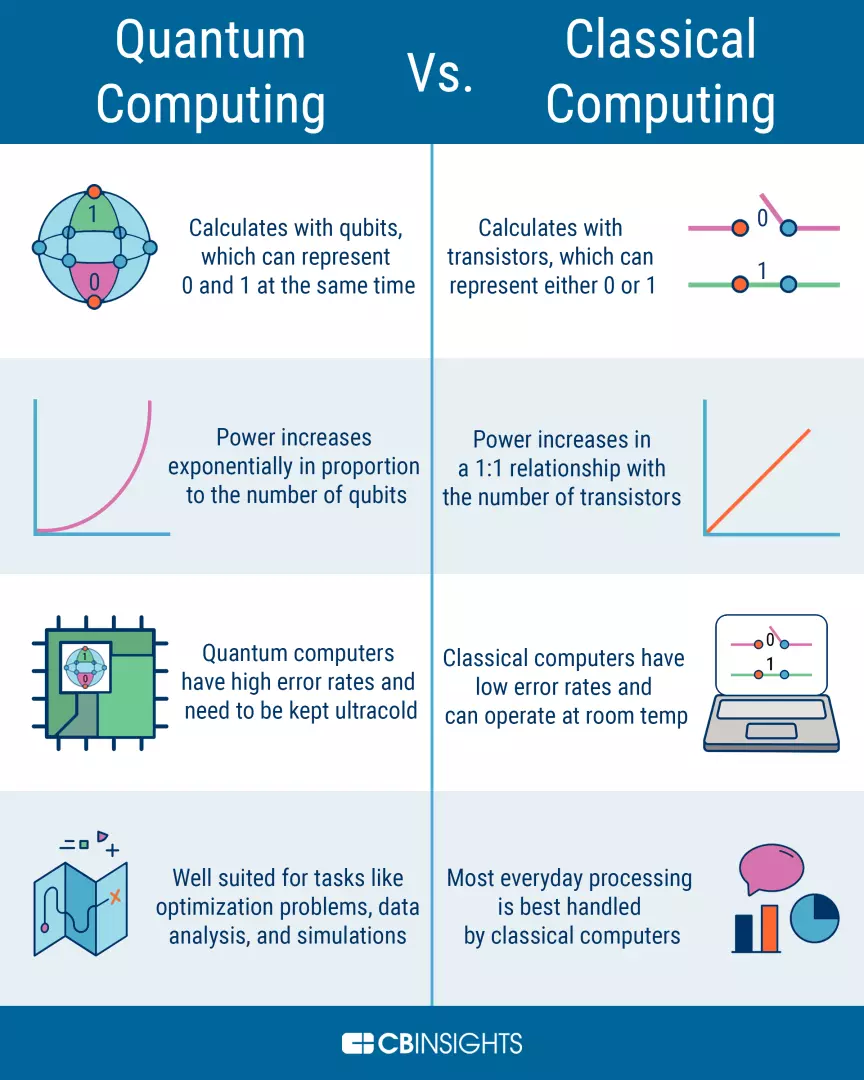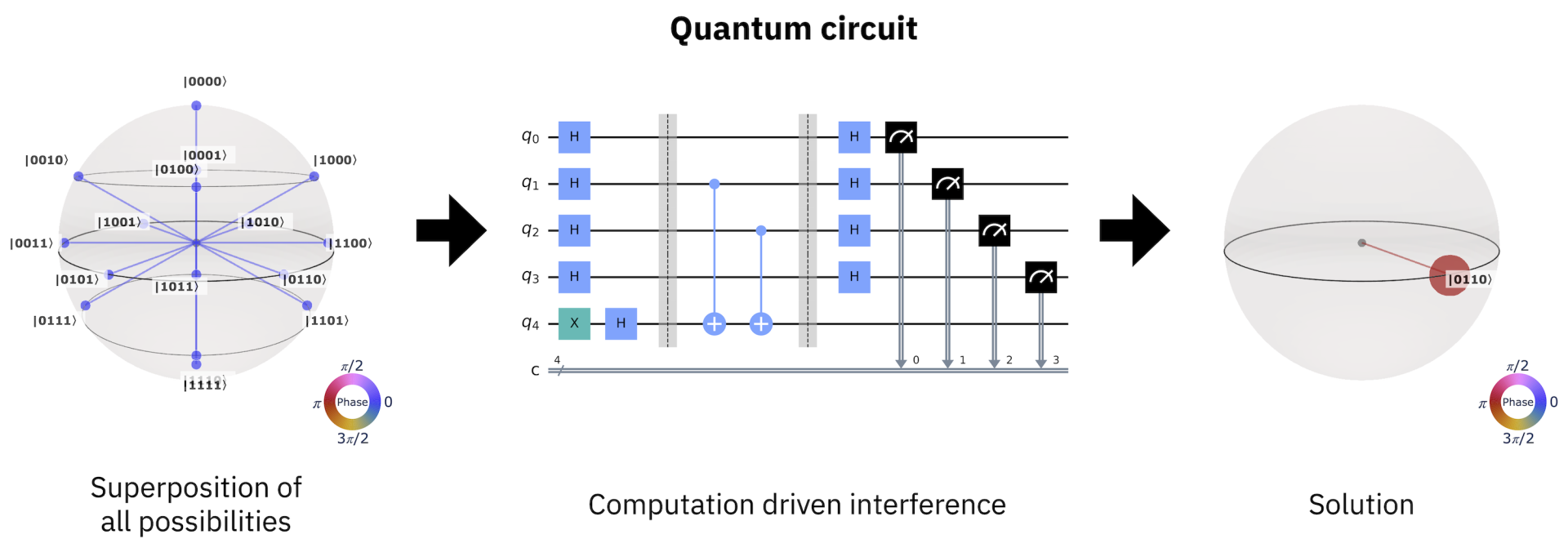Comments
- No comments found

Quantum computing has long been hailed as the next frontier in technological advancement.
With its unparalleled processing power and the ability to solve complex problems exponentially faster than classical computers, it promises a revolutionary shift in various fields. From cryptography to drug discovery and optimization algorithms, the potential applications of quantum computing are boundless. Its unparalleled processing power and ability to solve complex problems exponentially faster than classical computers make it an exciting frontier of innovation. In this article, we explore the potential of quantum computing and its impact on technology.
Quantum computing is built upon the principles of quantum mechanics, leveraging superposition and entanglement to perform computations. Unlike classical bits, quantum bits or qubits can exist in multiple states simultaneously, enabling parallel processing and unlocking immense computational capabilities.
This groundbreaking technology harnesses the principles of quantum mechanics, such as superposition and entanglement, to perform computations. Unlike classical bits, which represent either a 0 or a 1, quantum bits or qubits can exist in both states simultaneously. This unique property allows quantum computers to process vast amounts of data in parallel, leading to unprecedented computational capabilities.

While quantum computing is still in its infancy, significant strides have been made by researchers and tech giants alike. Companies like IBM, Google, and Microsoft have been investing heavily in developing and commercializing quantum computers. Moreover, startups are emerging, focused on creating practical quantum applications.
Quantum computing has the potential to revolutionize industries and drive innovation. In the field of drug discovery, it can accelerate the development of life-saving medications by simulating molecular interactions and identifying potential drug candidates more efficiently. Additionally, logistics and supply chain management can benefit from quantum algorithms that optimize routes, reduce transportation costs, and improve resource allocation.
The potential impact of quantum computing on various industries is staggering. It has the potential to revolutionize drug discovery, accelerating the development of life-saving medications. It can transform logistics and supply chain management by optimizing routes and reducing transportation costs. Furthermore, quantum machine learning algorithms have the potential to outperform classical models, enabling breakthroughs in artificial intelligence.

While the potential of quantum computing is vast, there are challenges that need to be addressed. Quantum computers are highly sensitive to environmental noise and require extremely low temperatures to operate effectively. Engineers and researchers are working on scaling up the number of qubits while maintaining stability, as well as developing and optimizing quantum algorithms for specific applications.
Quantum computers are highly sensitive to environmental noise and require extremely low temperatures to operate effectively. Scaling up the number of qubits while maintaining stability is a complex engineering task. Additionally, quantum algorithms need to be developed and optimized for specific applications.
Despite these challenges, the rapid progress in quantum computing is undeniable. As the technology matures and becomes more accessible, we can expect it to revolutionize industries and drive innovation. Quantum computing is poised to transform the way we approach scientific research, technological advancements, and complex problem-solving, making it one of the most exciting frontiers of our time.
Quantum computing has the potential to generate around $700 billion in value by 2035 and is projected to exceed $90 billion in annual market value by 2040. However, the immense power of quantum computers may also pose a cybersecurity threat in the future.
With continued advancements in research and development, quantum computing is set to bring about revolutionary changes in various industries in the coming years.
Leave your comments
Post comment as a guest